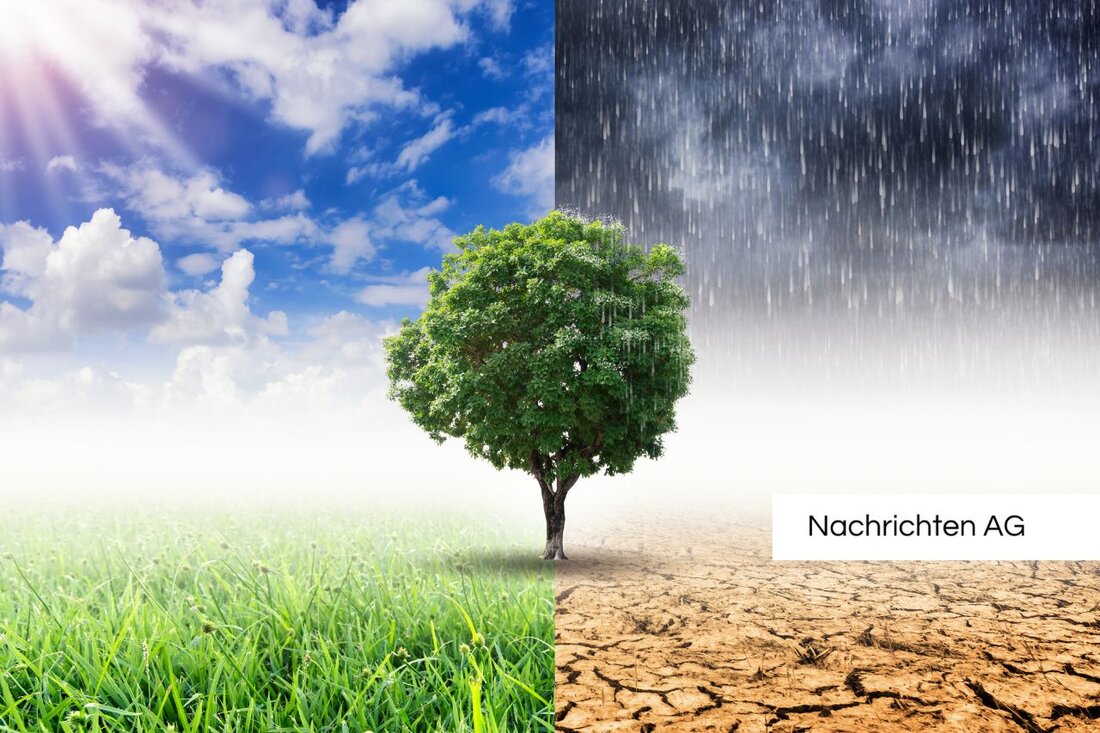Revolution in the building world: New digital Épds for sustainable planning!
Revolution in the building world: New digital Épds for sustainable planning!
Berlin, Deutschland - The Werkbank IT GmbH and the building information service provider Heinze have initiated a new era in digital sustainability evaluation. From now on, a comprehensive product catalog with tested environmental product declarations (EPD) of 43 construction product manufacturers is available in the cockpit.planner. This development represents an important step for architects and planners who can consistently create building fire departments, starting with certified, manufacturer-neutral data from the EPEA generic material database. The solution allows you to approach precise life cycle analyzes (LCA) with real manufacturer product data in later planning phases.
The system enables users of the Cockpit.Planner, generic material data to be replaced by specific manufacturer data in the course of the project, which is even possible directly from CAD software such as Archicad and Revit. This cooperation between Werkbank IT and Heinze was sealed at the climate festival for the construction turn in November 2024 in Berlin and focuses on the integration of environmentally relevant data sets.
Environmental product declarations and their importance
The importance of environmental product declarations (EPD) has increased significantly in recent years. These are based on ecological balance methods according to ISO 14040/44, ISO 14025 and EN 15804 and offer a uniform, fact -based basis for evaluating the products with regard to their sustainability. In the construction industry in particular, EPDs are often a prerequisite for public tenders and play a central role in the sustainability certification of buildings. The creation of EPDs is carried out both independently and with the support of the Fraunhofer IBP, which with its expertise in ecological assessment contributes decisively to the quality of these declarations.
Due to the increasing need for reliable information on the environmental impact of the environment - which is caused by challenges such as climate change and resource shortage - companies are turning to EPDs in all industries. This information is not only relevant for the construction industry, but are also used in various areas of food to transport. The Eco Platform, a network that promotes the standardization of different EPD programs plays an important role and includes important program holder such as the Institute Environment and Bauen e.V. (IBU) and the International EPD® System.
The process of ecological statement
ecological cycling is an iterative process that includes several phases. At the beginning there is the definition of the goal and examination framework, followed by the balance sheet, in which relevant in and output flows are quantified over the entire life path of a product. In the assessment assessment, these factual balance sheets are evaluated and the potential environmental effects are considered. The final evaluation and interpretation makes it possible to make well -founded decisions and identify improvements.
Such an iterative approach promotes the continuous optimization and comparison of various product variants to improve the ecological balance. It is particularly important that all calculations meet the requirements of common sustainability certificates. The integration of manufacturer data and generic material information significantly differs in the different phases of the planned ecological balance, but allows flexible adaptation and more precise data use in the course of the planning process.
With the new solution in the cockpit.planner, architects and planners have direct access to the tested sustainability data of leading manufacturers such as Linzmeier, foam glass and Rheinzink. This data is available free of charge for registered users and are continuously expanded to promote transparent and sustainable construction.
In summary, it can be said that the integration of EPDs and well -founded ecological assessment not only meet the challenges of today, but also make planning and building more environmentally conscious and more resourceful.More information can be found in the articles of Econews , Fraunhofer ibp and ffe .
| Details | |
|---|---|
| Ort | Berlin, Deutschland |
| Quellen | |


Kommentare (0)